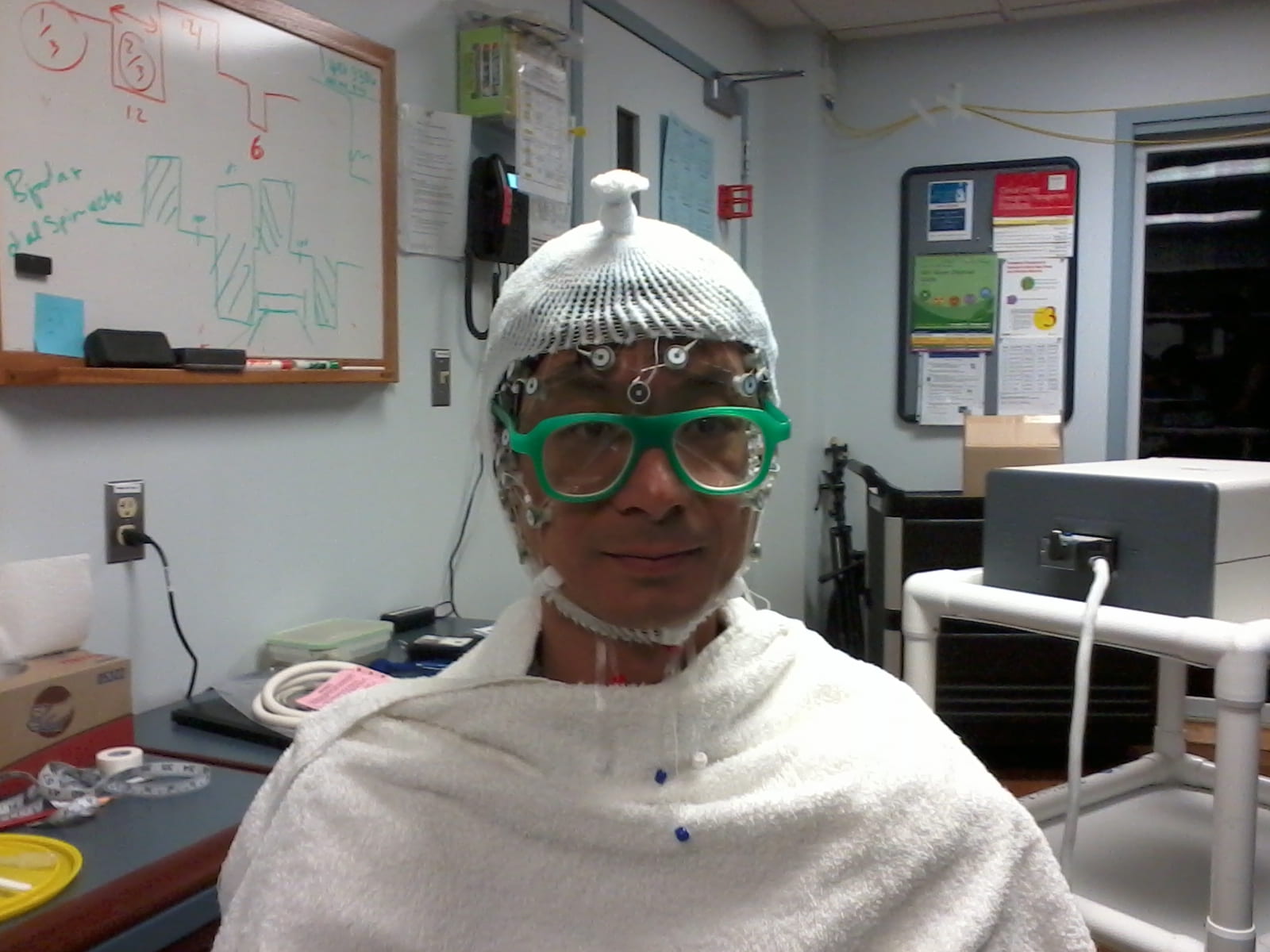Research Strategies

Current projects
Brain developmental trajectories in children who stutter
In collaboration with Dr. Soo Eun Chang’s team at the University of Michigan, we use neuroimaging techniques to study brain structural development in children who stutter as young as three years old. We try to identify structural changes associated with stuttering onset and stuttering persistence in school-age and older children, respectively.
Brain activity during continuous speech production
Moments of stuttering typically occur during the production of continuous speech. However, studying brain activity during continuous speech production is challenging because speech-related head movements may adversely affect the data quality of many neuroimaging techniques. To overcome this challenge, we separate noise and signals associated with neuronal activity in fMRI based on their distinct spatial patterns in the brain. Using this fMRI de-noising technique, we are able to study cortical and subcortical activity in children and adults who stutter and fluent speakers during continuous speech production.
Effects of stuttering mutations
Developmental stuttering has a strong genetic underpinning. Researchers have begun to identify mutations associated with stuttering and engineered knock-in mice with those mutations. In this project, we study the effects of stuttering mutations on behaviors, cellular functions and brain development using various imaging, genetic and biological techniques in both people who stutter and knock-in mice with gnptab mutations.

Origins of EEG signatures associated with dysfluent speech
Anomalous brain waves measured by EEG have been associated with dysfluent speech in adults who stutter. However, the locations in which these anomalous brain waves originate are not known. To answer this question, we will record EEG simultaneously with fMRI to localize brain activity associated with anomalous brain waves.
Improving speech fluency through brain stimulation
Recent research has shown that low current and voltage transcranial electrical stimulation (tES) may improve certain cognitive functions such as memory consolidation in experimental settings. In this project, we are investigating whether tES can improve speech fluency in adults who stutter.
Recent research has indicated that low current and voltage transcranial electrical stimulation (tES) may improve certain cognitive functions in some experimental settings. We are testing whether tES can improve speech fluency in adults who stutter.
